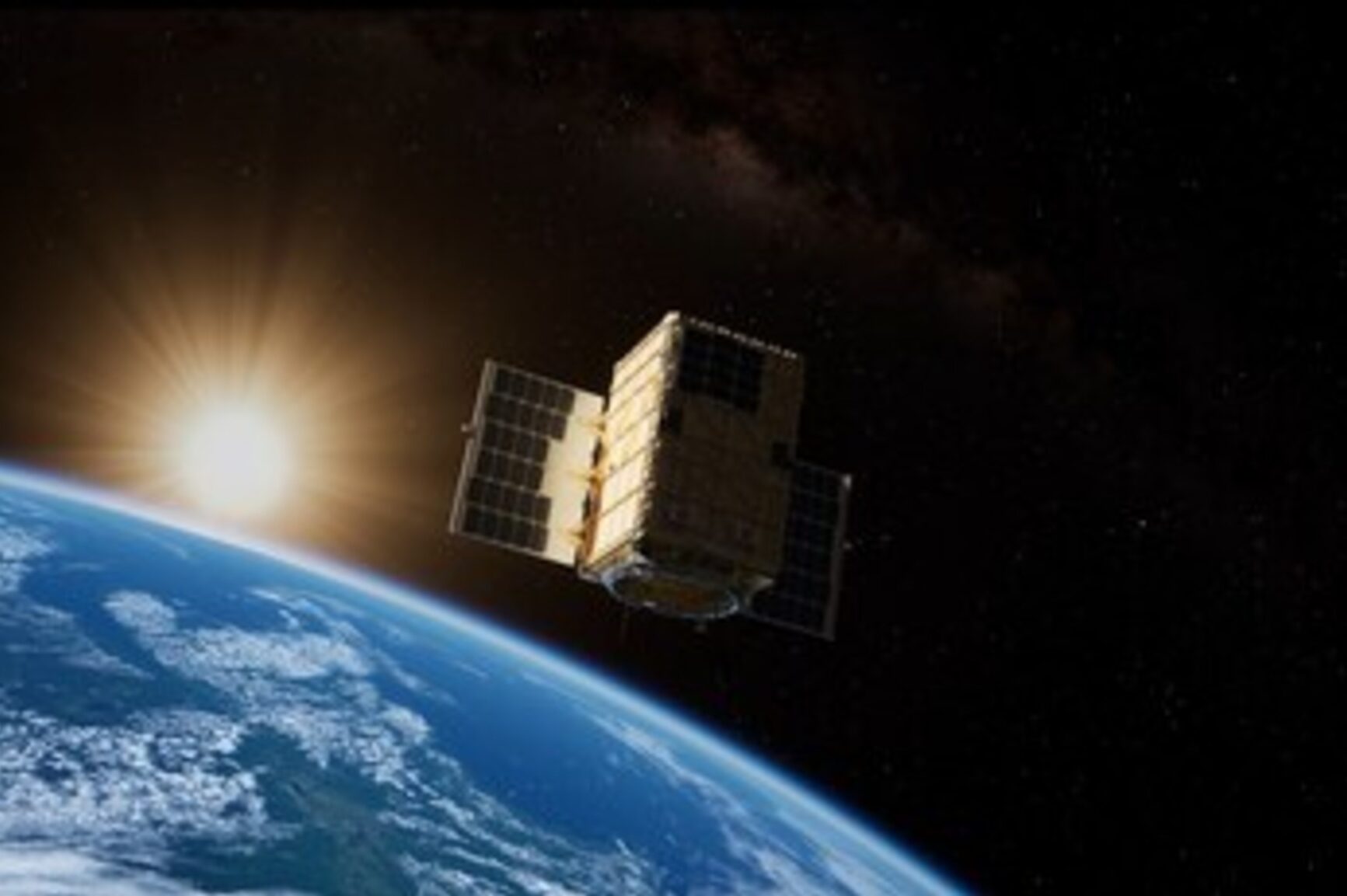Boeing has unveiled plans to create a satellite to experiment with quantum entanglement in space, which, if successful, could provide more valuable data about Earth and space environments.
In a press release published on September 10, 2024, the company said that this first-of-its-kind space mission, scheduled for 2026, aims to bring “humanity closer to building a secure, global quantum internet that connects quantum sensors and computers.”
The experiment, called Q4S, will demonstrate a concept called entanglement swapping in space, helping to better understand how quantum networks in space can be built across long distances and stay well synchronized.
According to Boeing, such a system could lower mistakes in counting votes or create blind quantum computing to handle data without disclosing it.
“We’re making a big bet on quantum technology,” said Jay Lowell, Chief Engineer for Boeing’s Disruptive Computing, Networks & Sensors organization. “Quantum entanglement swapping underpins the communication of the future, expanding quantum networks beyond simple point-to-point communication. We’re launching Q4S to prove it can be done in orbit.”
Entanglement swapping relies on quantum teleportation, where the “information carried by a particle can be transferred without having to move the particle itself across the distance.”
Space-based quantum networking can open new possibilities, allowing scientists to collect more information about Earth and space. This is important because current tools have limits in sensitivity and resolution.
“By demonstrating entanglement swapping, we can create a scalable network, where quantum information can be transmitted over vast distances, something currently limited by decoherence and loss,” Lowell added.

